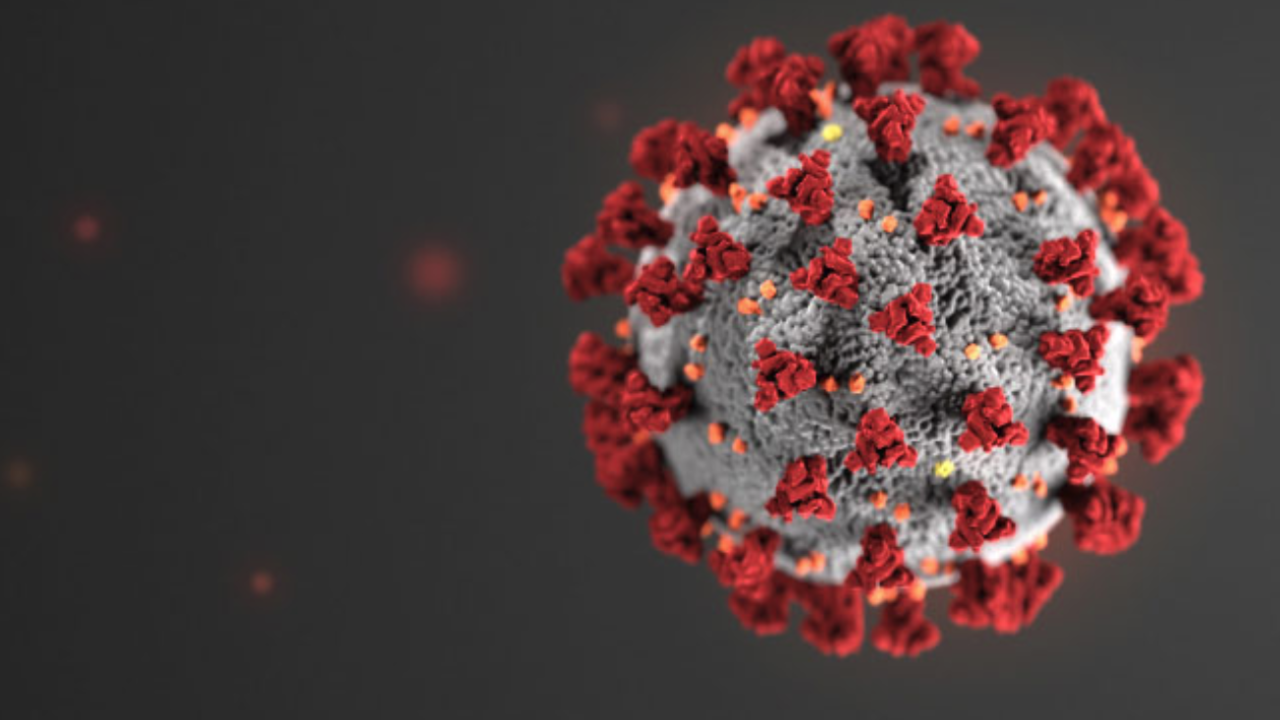KANSAS CITY, Mo. — More than 5,000 residents across Kansas City, Missouri, responded to the city health department’s coronavirus survey that was rolled out last month.
The initial purpose of the survey was for health department officials to better understand the state of COVID-19 throughout the Kansas City area in the absence of widespread testing.
Of the 5,313 people who took the survey, 4.5 percent said they have experienced “COVID-like” symptoms, whereas 4.3 percent said they sought testing, but were unsuccessful.
"This was [at] a time where we know that we didn't have a lot of access to testing,” Elizabeth Walsh Yoder, a statistician with the Kansas City, Missouri, Health Department said. “So that wasn't entirely surprising.”
Walsh Yoder, who analyzed the survey responses, said she hoped to find specific areas or social groups that stand to benefit from ramped up testing.
“But we didn't really see that within this survey,” she said.
However they were able to work with the city council to provide additional money for testing.
"Individuals all throughout our city that will have access to healthcare because we passed this measure," said Kansas City Councilmember Melissa Robinson.
On May 7, the Kansas City, Missouri, City Council allocated $559,000 toward increasing testing efforts in the following zip codes that were already identified as areas of need prior to the pandemic; 64114, 64116, 64118, 64119, 64123, 64124, 64126, 64127, 64128, 64129, 64130, 64132, 64134, 64151 and 64157.
"What this ordinance did was allow council members that are dealing with COVID-19 in their districts every day be able to help provide insight around where to focus our efforts," Robinson said.
"It's one of those things where we do want to take care of the population, and we do want to do our best and combat this pandemic,” Walsh Yoder said. “It has helped us understand a little bit more about what is going on, and I'm really incredibly grateful to every person that took [the survey] because it really was helpful."
The department, according to Walsh Yoder, still is inundated with information and continues to work through the data it currently has to find new information that will help paint a picture of the community.
As the department works to ramp up testing, Walsh Yoder said another survey might not be as necessary.
KC Cares, Samuel Rodgers and Swope Health Services, commonly known as the city's safety net providers, will assist in the process of increasing testing to those 15 area zip codes but Robinson said everyone across the city will have access, regardless of zip code.




